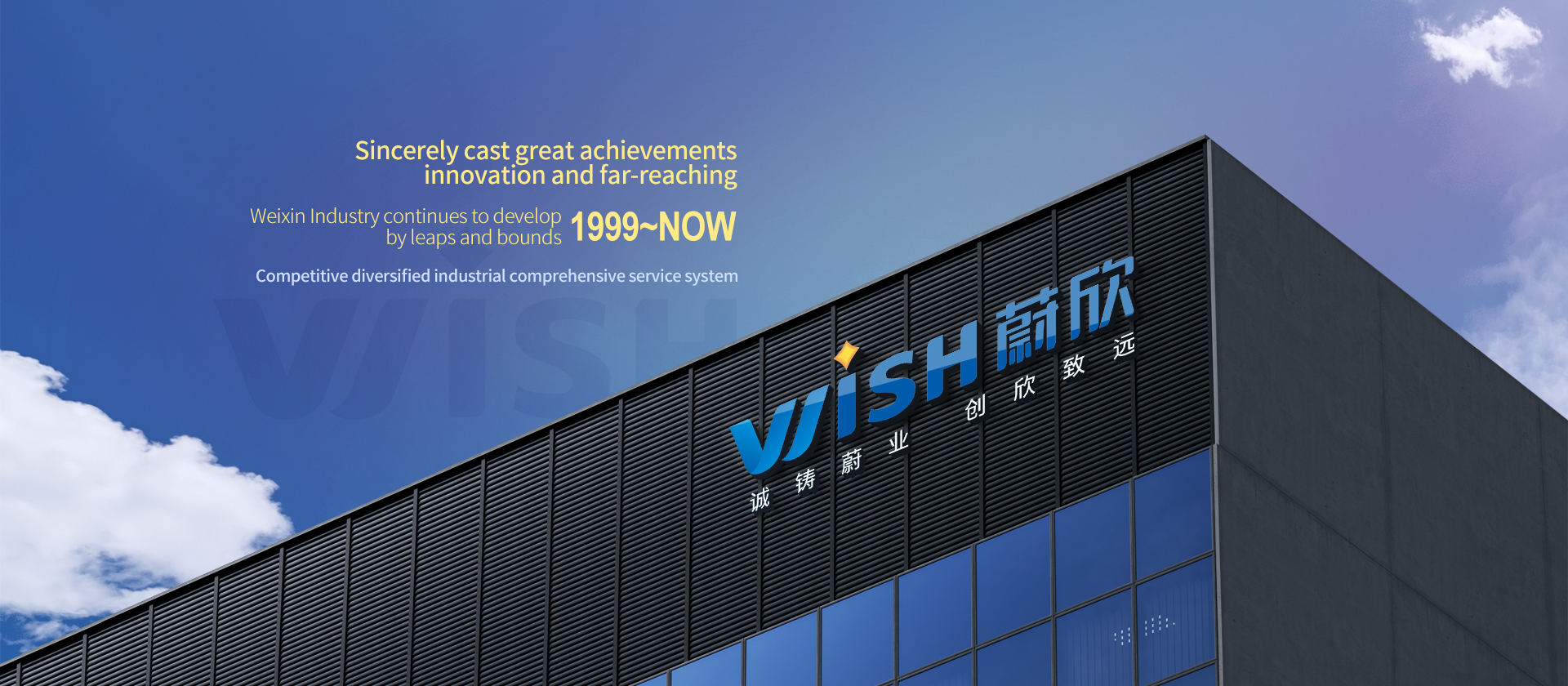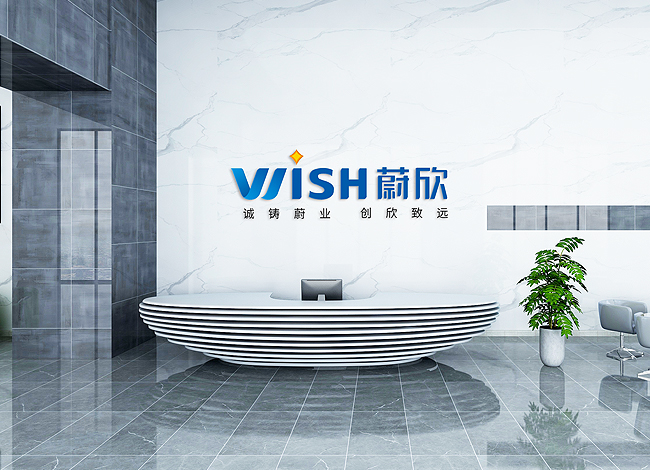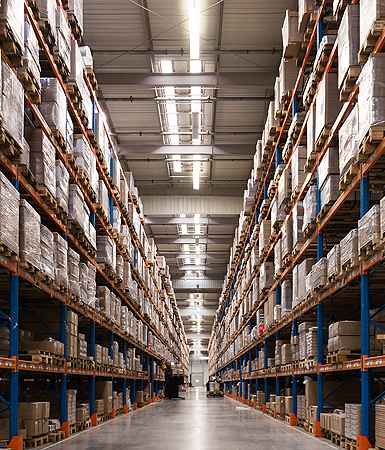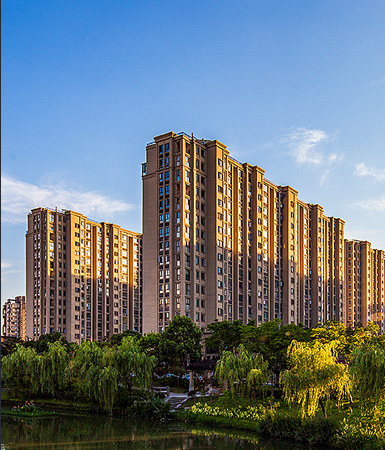
Wish industry
In June, 1999, Guangdong Wish Industry Co., Ltd. started with plastic and chemical raw material business, and has been developing rapidly for more than 10 years. Currently, it has grown into a professional, diversified industrial company covering industries such as domestic trade, international trade, warehouse logistics, real estate development, road and bridge construction, tourism and hotel.
The company has four management centers---Industrial Development center, Risk Management center, Administrative Management center and Financial Management center which guarantee efficient management over affiliate companies.


weixin industry
Wish Industry currently has nine wholly-owned, holding, or joint stock companies mainly spotted in Guangdong, Hunan, Shanghai, Shenzhen and Hong Kong. We keep true to the perfection of internal management and strive for a sound, efficient management structure.
WISH industry
WISH news







